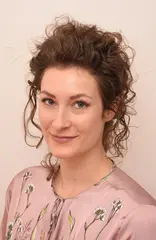Ownership of consumer goods creates a specific form of relationship to things: if a thing (a watch, a car, a smartphone) is "mine", this means that I can dispose of it almost without restriction. However, this also means that such things "grow on me": precisely because it's my bike, I don't want it to get wet, rusty or damaged. Ownership therefore creates a relationship of availability and care that usually only ends when we dispose of things, i.e. throw them away. However, turbo capitalism cannot wait that long: it relies on us replacing things in ever faster succession. This explains the trend that can be observed in many areas of consumption from owning things (e.g. software and hardware, image and sound products) to "just using" them via user and maintenance contracts.
Hartmut Rosa's lecture in Erfurt is part of the "Agenda Future-Oriented Consumer Research" project. Over the course of a year and a half, scientists and practitioners from the field of consumer work will meet at regular intervals to discuss which questions and challenges are important for research into the topic of consumption and consumption. At the end, a recommendation paper will be produced in which the agenda for future-oriented consumer research will be formulated. The project is funded by the Federal Ministry for the Environment, Nature Conservation, Nuclear Safety and Consumer Protection on the basis of a resolution passed by the German "Bundestag".
If you wish, you can also take part in the lecture online via a livestream: www.uni-kassel.zoom.us/j/96250308283?pwd=WTVwTEMvRXc4bWoxSzVXLzFWR0VEdz09.

